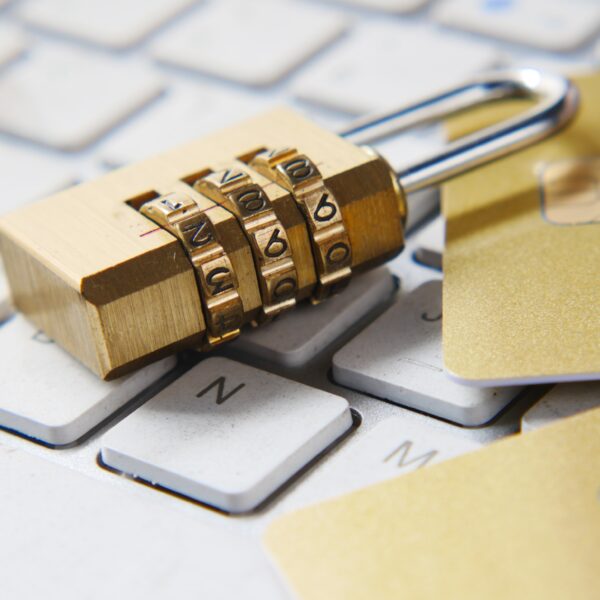Nobody likes to think about it, but waste is a part of life. Every business will generate a measure of waste, and it can all quickly add up. However, waste isn’t always easy to manage and control.
It can cost a lot of money to effectively control the waste produced by your company. So why does it matter and how can you ensure that your business is up to standard?
Why It Matters
There are a whole host of reasons to manage your business waste properly. For starters, this is one of the most important steps towards a more environmentally friendly business, as more waste means more damage to the environment.
Managing your waste can also become a legal matter. If your company produces a lot of waste, and especially toxic waste, and doesn’t dispose of it properly, it can be liable for damages tot the environment. This can lead to hefty fines. Not only this, but irresponsible waste management can be bad for your business’s reputation and relationships with customers.
Finally, waste management is a manner of efficiency. Yes, it can be an investment in time and money to get sorted, but once a process is in place, your business can operate more efficiently and sustainably. In some cases, this can lead to cutting costs in the long run.
Reducing Waste
One of the best ways to manage waste is by reducing the amount of waste generated by your company. Again, this is where efficiency comes into play.
For example, if you run a manufacturing business, you need to ensure that the materials you purchase don’t go to waste. An efficient production process should save time and materials alike. This means that you have to spend less money on materials, and you also generate much less waste.
If you operate out of an office, switching to a paperless office will enormously reduce waste. You should also stock your office with reusable items, including your office kitchen. Switch to ceramic cups and metal cutlery that can be washed rather than plastic or paper options.
Train your staff in the three “R’s”. Reduce, reuse, and recycle. Reduce waste where possible, reuse whatever you can, and recycle the things you have to throw away. Make it easy for employees to recycle by providing recycling bins throughout the office.
Utilities
Reducing waste also means using less electricity and water where possible. Electrical waste isn’t going to end up on a landfill, but it still represents a financial and environmental costs. By reducing the amount you use, you reduce the amount you waste.
Use smart meters around the office to control the temperature and make sure lights and devices are switched off when they aren’t being used. Keep your plumbing and electrical systems in good repair.
Use the right equipment to manage your waste, especially industrial waste. For example, Jung Pumps are the gold standard for water pumping equipment, which makes it ideal for handling any water waste produced by manufacturing or even in the office.
Image Credits: ISM Waste & Recycling




Like this article? Share with your friends!